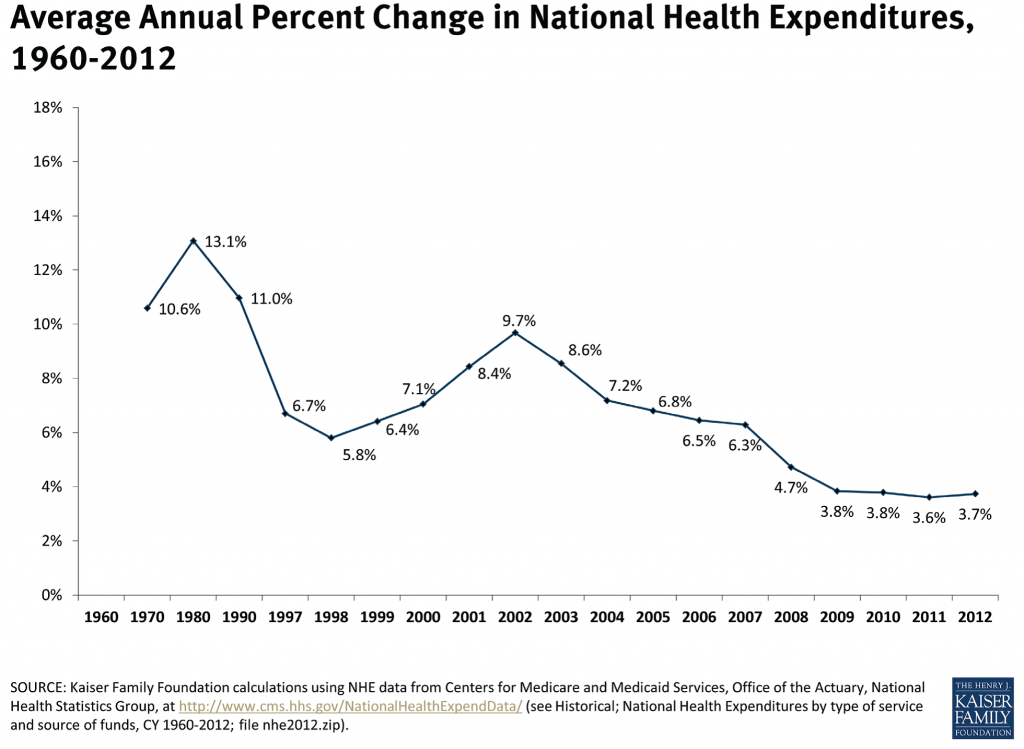Some of you may recall that the Supreme Court is due to issue its ruling on the Obamacare case of whether the Federal government is allowed to pay health coverage plan premium subsidies to citizens who bought their health plans through ObamaMart instead of State-built and –run exchanges.
Health and Human Services Secretary Sylvia Mathews Burwell on Thursday defended the landmark 2010 US health law as sharply lowering the rate of uninsured Americans, improving health-care quality and making it more affordable.
The Wall Street Journal paraphrased her additional remarks:
Directly addressing the possibility that the US Supreme Court later this month will overturn a central provision of the law, she said such an event would mean “the number of uninsured would jump,” that “affordability goes away” and that a “death spiral” would ensue in the health insurance systems in some three dozen states.
Never mind that the law is quite explicit: it authorizes the subsidies only for those who bought their plans through exchanges established by the States and not through the Federal government’s ObamaMart. Obamacare also is completely silent about costs if the subsidies are, in fact, limited those State exchanges’ plans.
Burwell’s argument is a typical Democratic Party aargument: it’s a good idea, therefore ignore the law, do what we want.
It may be a good idea. If it is, change the law. In the meantime, do what the law says, not what you wish it to say. William Howard Taft, an earlier Chief Justice, had this to say on doing the “right” thing rather than obeying the law:
It is the high duty and function of this court…to decline to recognize or enforce seeming laws of Congress, dealing with subjects not entrusted to Congress, but left or committed by the supreme law of the land to the control of the States. We cannot avoid the duty even though it require us to refuse to give effect to legislation designed to promote the highest good. The good sought in unconstitutional legislation is an insidious feature because it leads citizens and legislators of good purpose to promote it without thought of the serious breach it will make in the ark of our covenant or the harm which will come from breaking down recognized standards.
Taft wrote that in finding a law unconstitutional, but it applies just as clearly to any regulation or procedure purported to be on the highest grounds but that contradicts a law.
I hope today’s Supremes still understand this and don’t fall for the irrelevant blandishments.
Update: An earlier iteration of this post said that Taft had found a law unconditional; in fact he had found unconstitutional. A sharp-eyed reader caught that.

